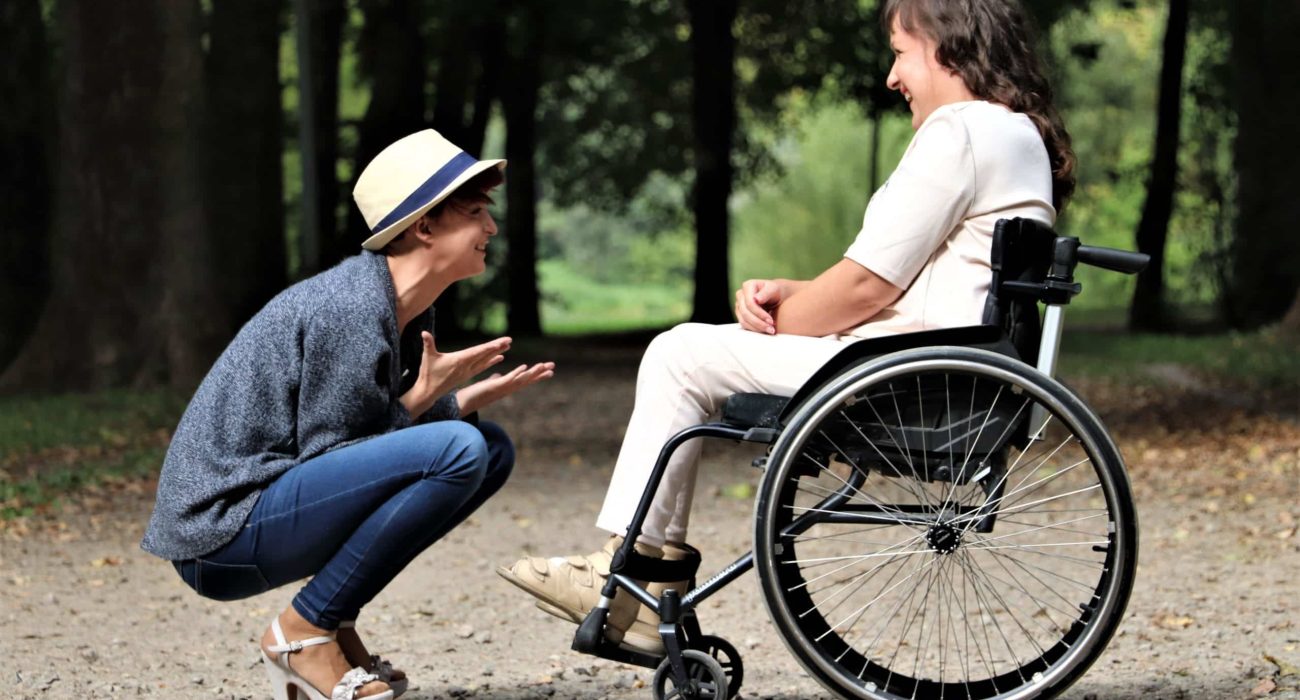The New Assessment Process Proposal
When Craig Wallace was 12, he was sent to a camp for children with disabilities, where despite his use of calipers and crutches, a physiotherapist forced him to walk up a hill as quickly as he could.When Mr Wallace fell, breaking his arm, that physiotherapist didn’t believe he was hurt, and due to his disability, it didn’t present with bruising and swelling. Over the next 10 days of the camp Mr Wallace was forced to continue walking, on crutches that rested under his arms, forcing his broken bones to keep moving.Finally when the camp ended 10 days later, Mr Wallace went home to his parents who took him straight to casualty, where doctors said it was one of the worst breaks they had seen.
Last week Government Services Minister Stuart Robert, who is responsible for the NDIS, announced an overhaul of the system, implementing the recommendations from a review of the scheme by David Tune.
The Tune Review found “the evidence provided by prospective participants and participants is diverse, and at times does not effectively assist the NDIA to make consistent decisions”.”This is influenced in part by confusion as to what evidence is required to support decision-making, particularly when a person has multiple impairments affecting their functional capacity or where their support needs are episodic or fluctuating.”
READ MORE:
There is absolutely no way that a physio or allied health professional I do not know or trust is touching me or coming near me. Craig Wallace
Building trust with doctors and allied health professionals can take years, Mr Wallace said, and he is fearful that assessments with unfamiliar doctors will both be traumatic, and result in people with disabilities not being assessed properly, which could lead to people being denied access to the scheme, or not getting appropriate funding.


